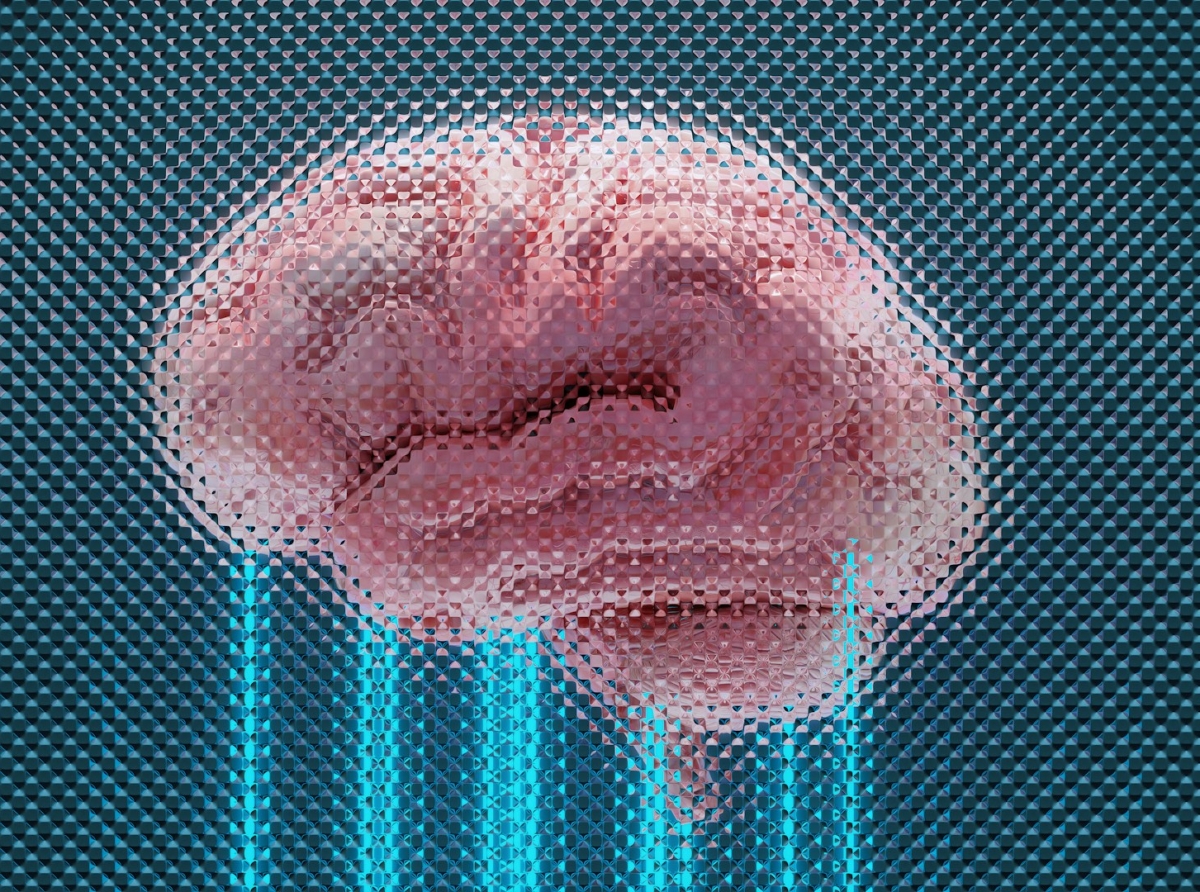Neuralink Secures $650 Million in Funding to Advance Brain-Computer Interface Technology

Neuralink Secures $650 Million in Funding to Advance Brain-Computer Interface Technology
Elon Musk’s brain technology startup, Neuralink, has successfully raised $650 million in a new funding round, bringing the company closer to its goal of revolutionizing the connection between biological and artificial intelligence.
The funding, announced in a press release on Monday, will support the development of new devices and expand access to Neuralink’s groundbreaking technology for a broader range of patients.
The funding, announced in a press release on Monday, will support the development of new devices and expand access to Neuralink’s groundbreaking technology for a broader range of patients.

Neuralink Secures $650 Million in Funding to Advance Brain-Computer Interface Technology
The round included participation from prominent investors such as ARK Invest, Founders Fund, Sequoia Capital, Thrive Capital, and Lightspeed Venture Partners. According to the company, the capital will be used to deepen the integration of biological and artificial intelligence while advancing its brain-computer interface (BCI) systems.
The initial focus of this technology is to assist patients with severe paralysis by restoring a degree of independence. As of Monday, Neuralink confirmed that five patients have received implants, enabling them to "control digital and physical devices with their thoughts." The company is currently conducting four separate clinical trials of its Telepathy system.
What is Neuralink’s Brain-Computer Interface?
Neuralink is developing a cutting-edge brain-computer interface (BCI) that translates neural signals into commands for external technologies. Its first product, called “Telepathy,” consists of 64 ultra-thin threads implanted directly into the brain. These threads, thinner than a human hair, are equipped with 1,024 electrodes designed to record neural activity.The initial focus of this technology is to assist patients with severe paralysis by restoring a degree of independence. As of Monday, Neuralink confirmed that five patients have received implants, enabling them to "control digital and physical devices with their thoughts." The company is currently conducting four separate clinical trials of its Telepathy system.
Applications and Future Potential
While Neuralink’s current efforts are centered on helping paralyzed individuals, the company envisions far-reaching applications for its BCI technology. Elon Musk has long expressed ambitious plans for Neuralink, including the potential to restore vision in blind patients. In September, Musk hinted at Blindsight, a Neuralink device designed to enable vision even in individuals who have lost both their eyes and optic nerves.Blindsight recently earned the U.S. Food and Drug Administration (FDA) designation as a “Breakthrough Device,” a status reserved for medical technologies that could significantly improve treatment for life-threatening or debilitating conditions.
Musk has also speculated about the possibility of widespread adoption of BCIs, even suggesting he might consider getting an implant himself. Such technology could one day allow humans to compete with advancements in artificial intelligence by enhancing cognitive and sensory capabilities.
Competition in the BCI Space
Neuralink is not alone in the race to develop brain-computer interfaces. Other companies like Synchron, Paradromics, and Precision Neuroscience are also working on similar systems. On Monday, Paradromics announced the successful implantation of its BCI in a human subject, signaling growing competition in the field.Despite these advancements, Neuralink faces significant challenges before its technology can be commercialized. Regulatory approvals, safety testing, and public acceptance remain critical hurdles. However, the company’s recent funding round underscores strong investor confidence in its potential to transform healthcare and human capabilities.
A Vision for the Future
With its latest infusion of capital, Neuralink is poised to accelerate research and development, refine its existing systems, and explore new applications. The company’s ultimate goal is to create seamless communication between the human brain and machines, bridging the gap between biology and technology.As Neuralink continues to push the boundaries of neuroscience and AI, its progress could redefine how humans interact with the world—and with themselves.
While the road ahead is long, the implications of this technology are profound, offering hope for millions of people with neurological conditions and paving the way for unprecedented human-machine collaboration.
While the road ahead is long, the implications of this technology are profound, offering hope for millions of people with neurological conditions and paving the way for unprecedented human-machine collaboration.









Report
My comments